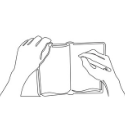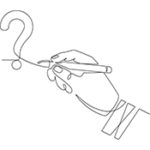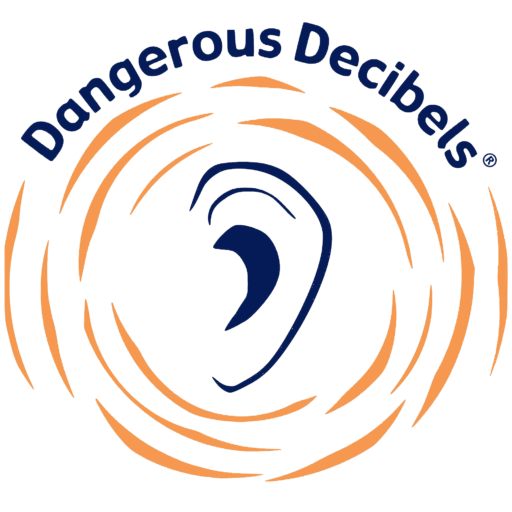Questioning

Sometimes questions come very naturally and have very straightforward answers. Other times, you may ask a question that is abstract and does not have a clear answer. Be clear and specific about what you want them to respond to.

The program guide suggests some questions, but you may have ones of your own that will work well.
Listen to questions and work with the answers. Some questions you will be asked will be genuine, but others may be asked for their shock value, or for the purpose of disrupting their classmates with humor. This is where your classroom management skills may be tested.
Genuine questions deserve your best answer if known, and if not, don’t be afraid to tell the student you will get back to them or their teacher with the answer. This has happened to all of the educators at some point in time, so don’t be surprised if it happens to you. Students are smart and they may actually stump you.
If the question is shocking or inappropriate, then you may need to dismiss the question as inappropriate and just move on. If the humorous question is in good spirit, appropriate and makes you laugh too, go ahead and enjoy it, but limit the number of interruptions that may occur, especially from the same student. Otherwise, reinterpret the “silly” question and turn it into a real question, or ask the student to reinterpret it for the class. If it is merely to disrupt, then ignore it and move right along with the program.

Students will have some great questions. Some of which may require complex answers. When answering the questions, be as clear and concise as possible. If it really is too complex to answer in the midst of the program, then perhaps see if you can talk with the student afterwards or let them know you’ll help them find a book or website that they can learn more about the topic from.
If the question doesn’t make sense, try to rephrase the question or ask the student for more clarification regarding the topic of their question. If that doesn’t work, it’s okay to say, “I’m not sure I understand your question, perhaps we can talk more later to help me understand it better”. It is important to reinforce that their question is valued.
